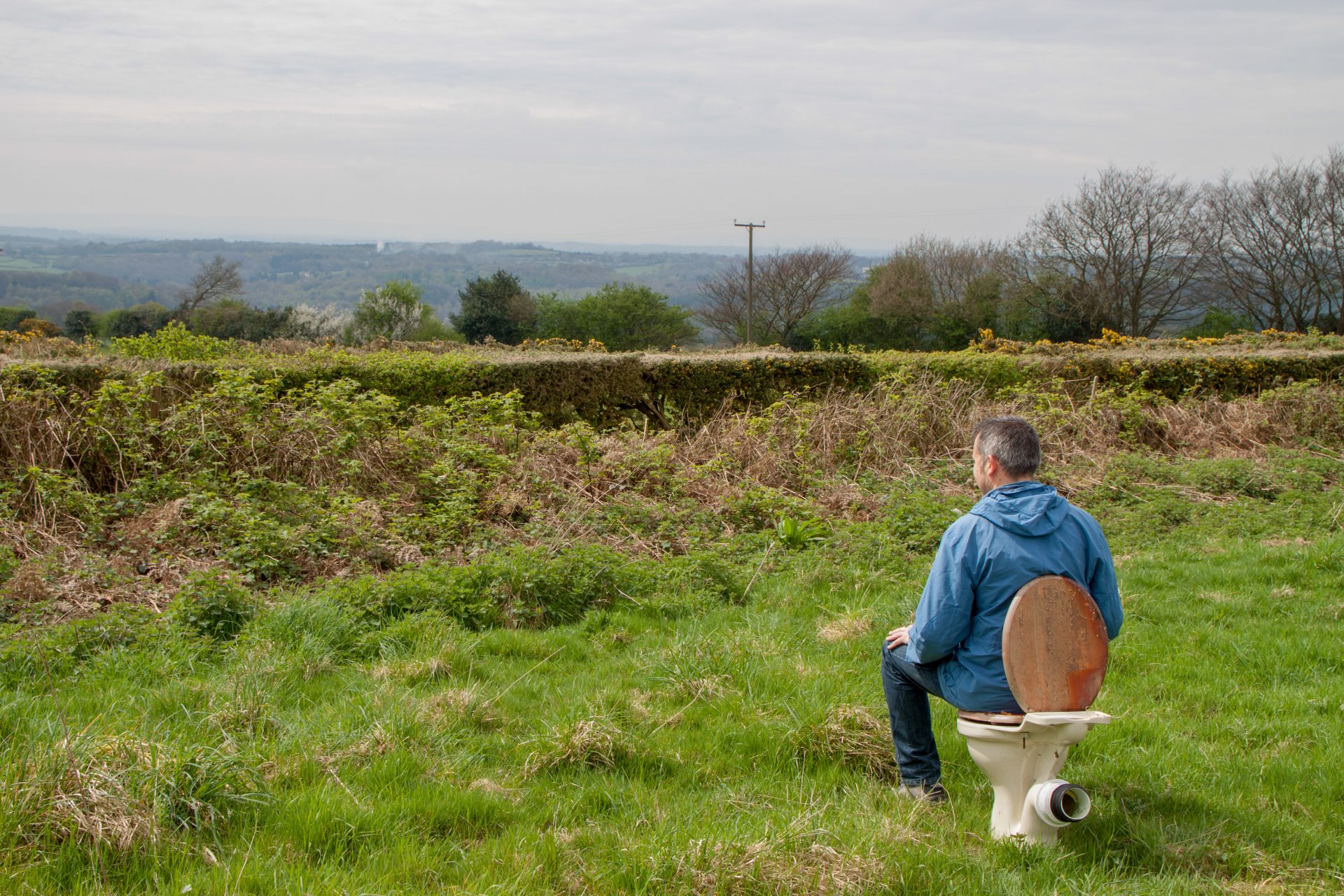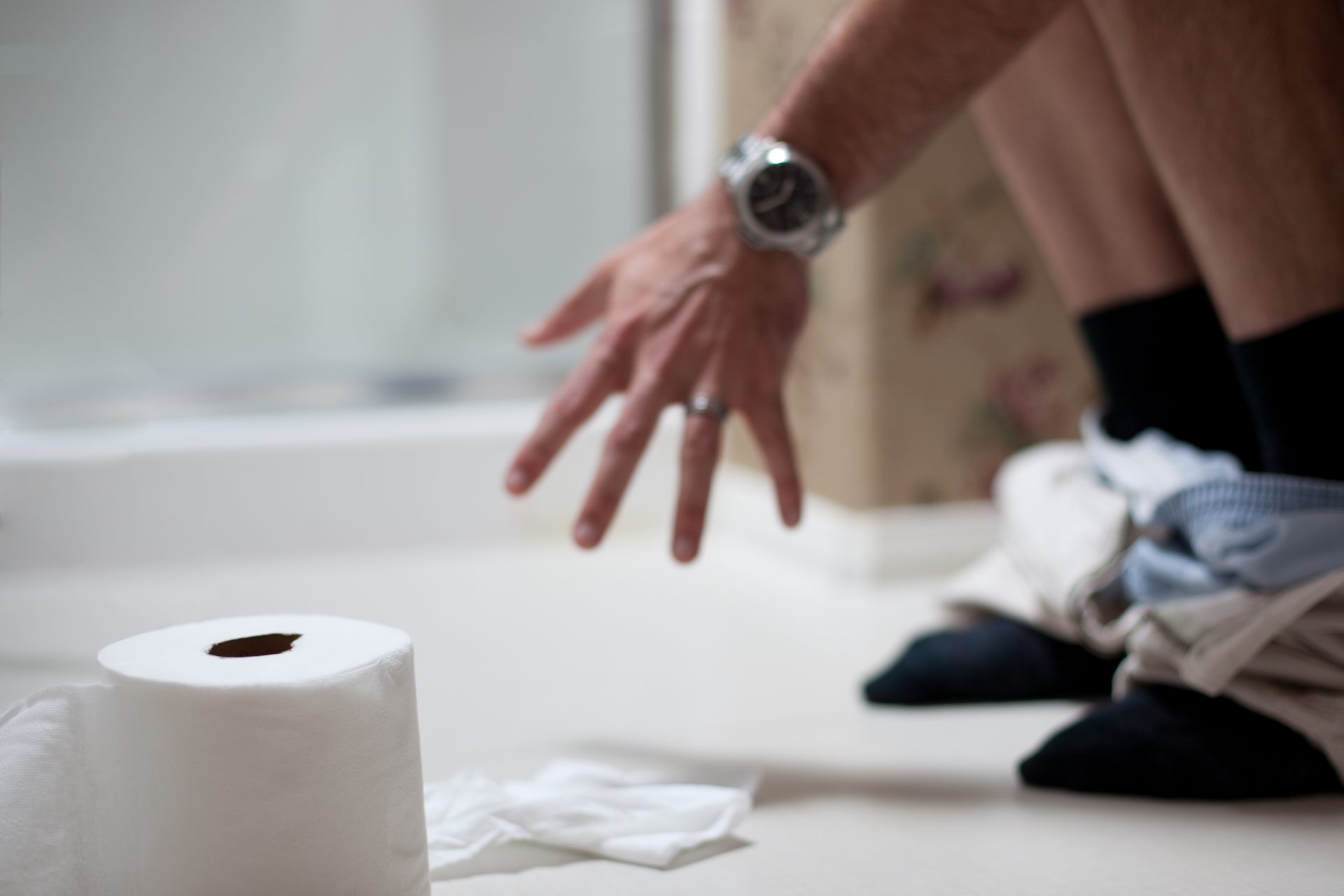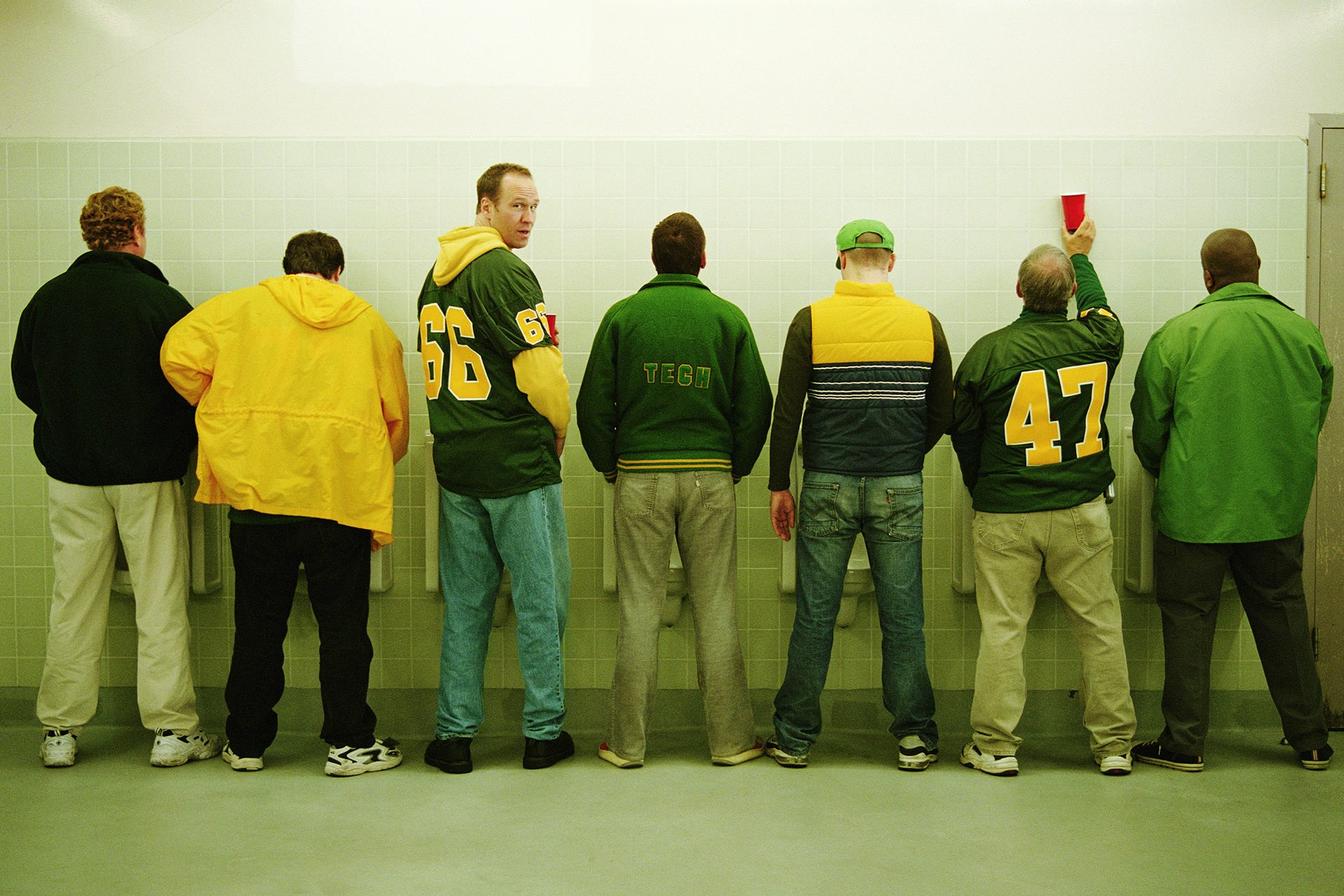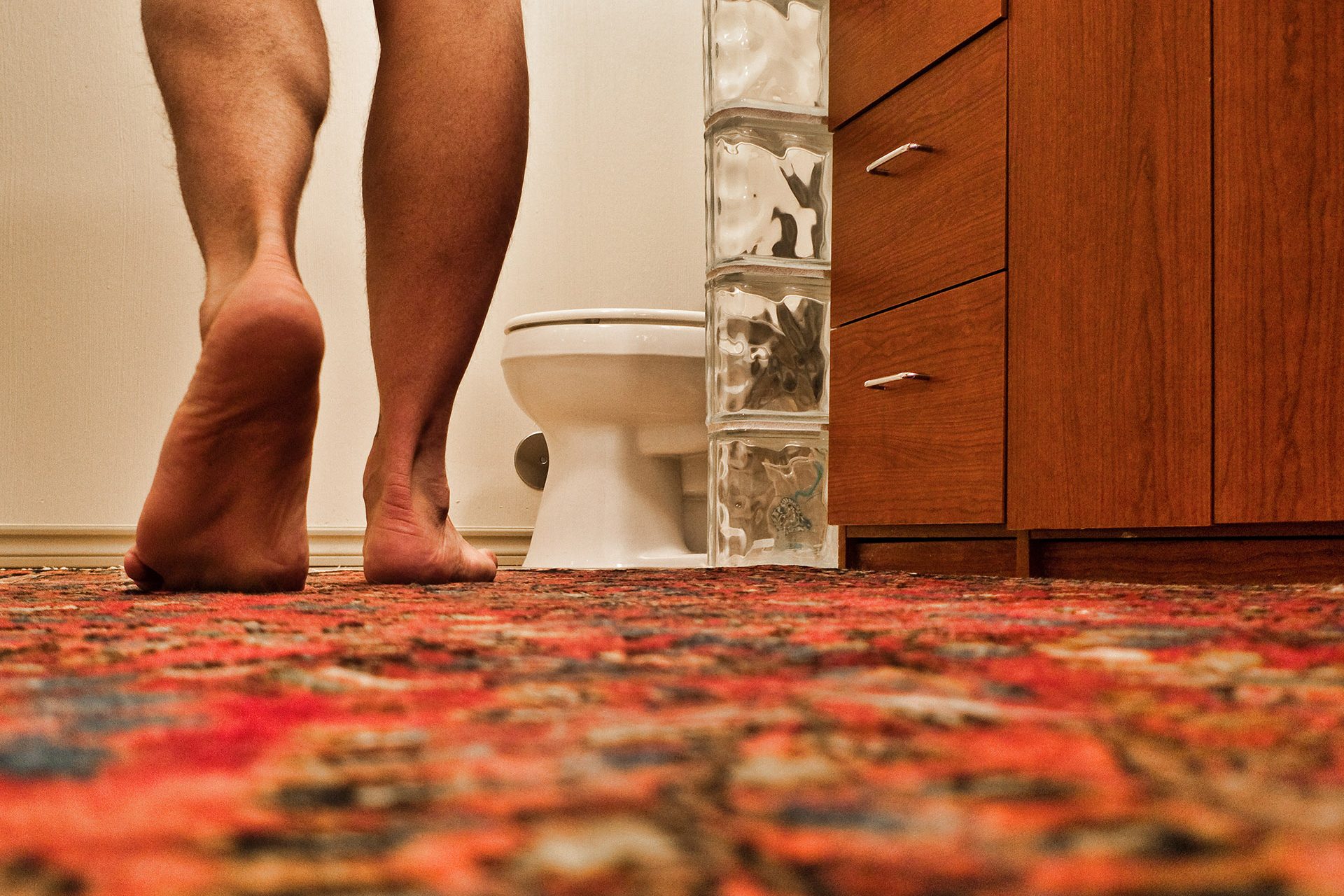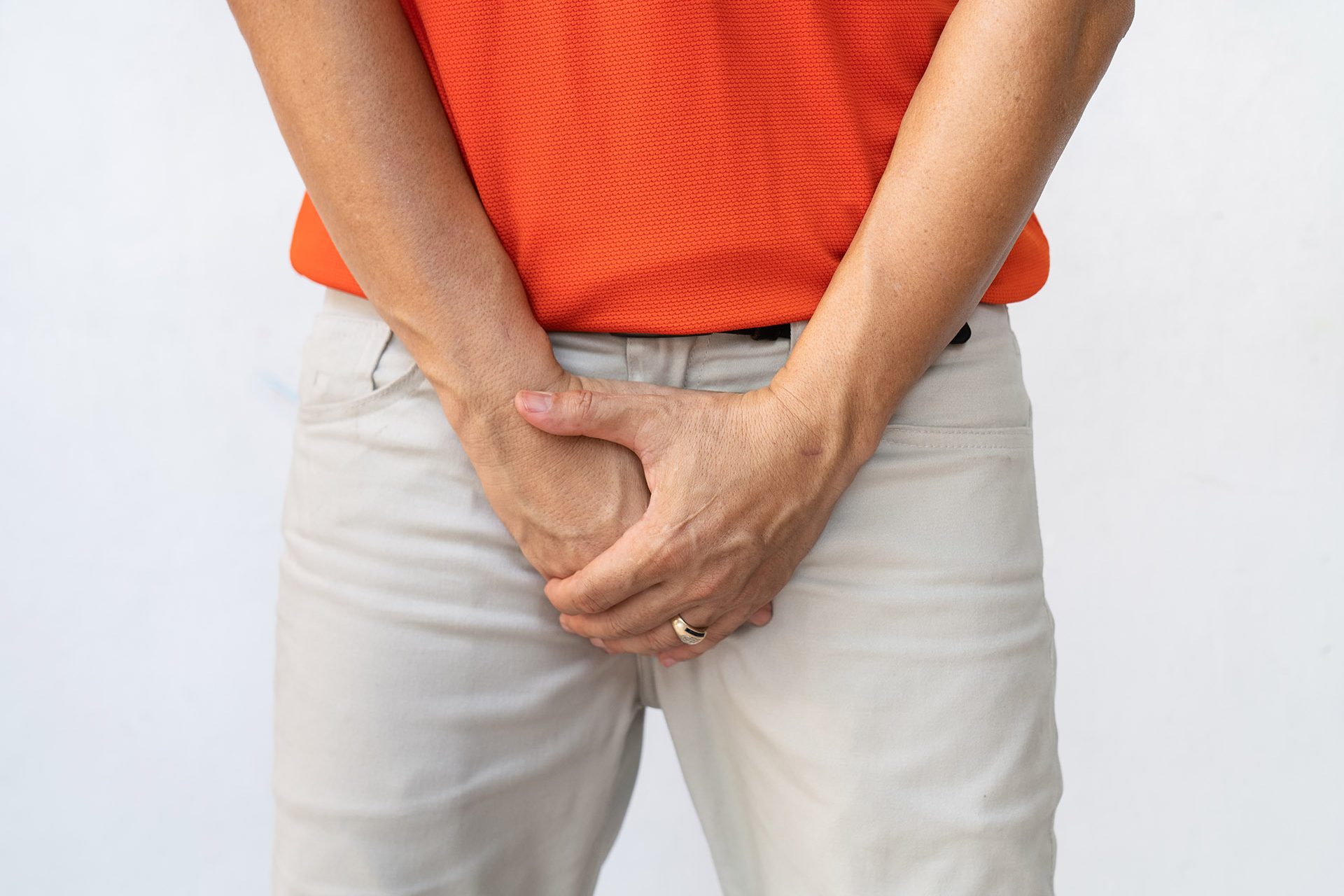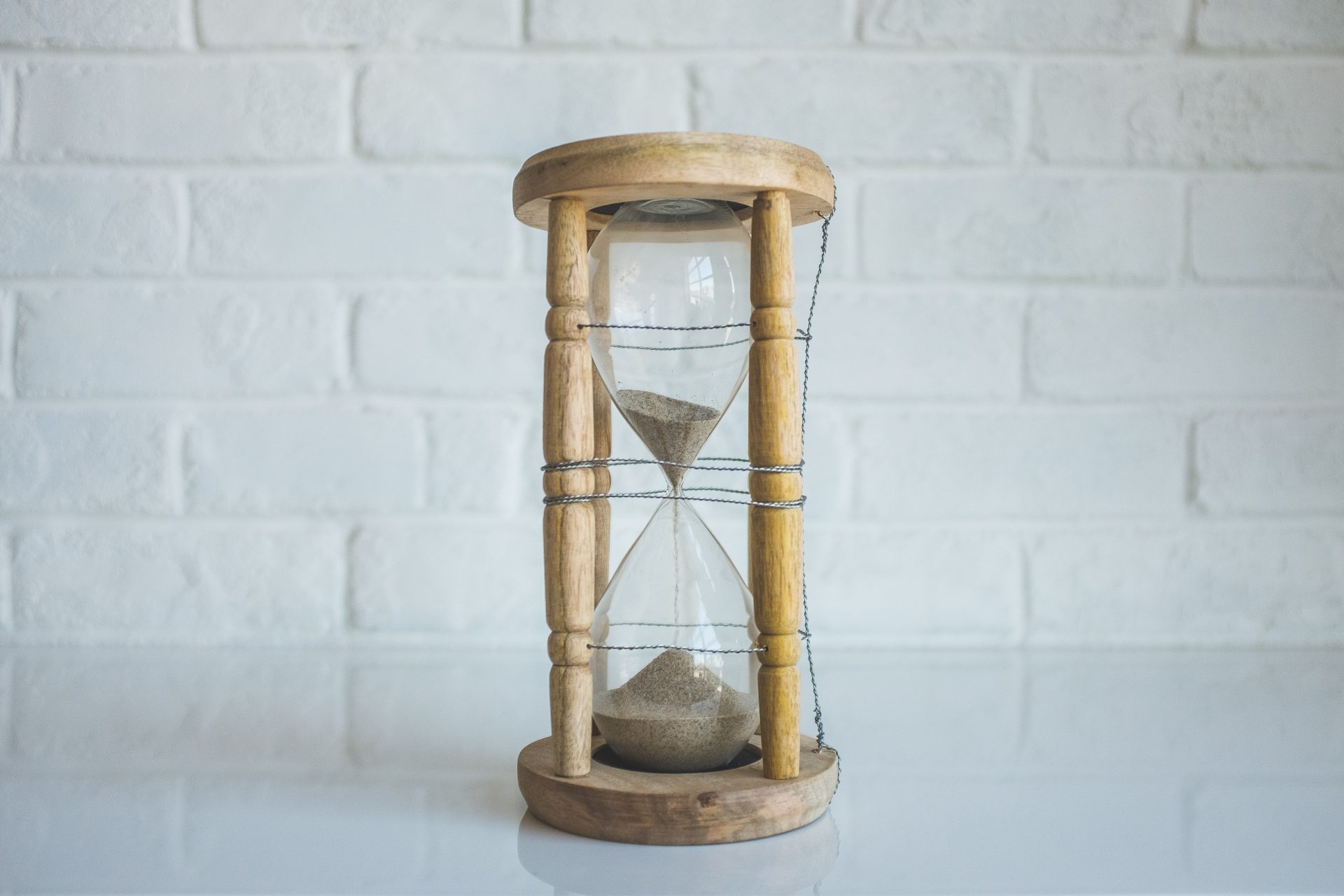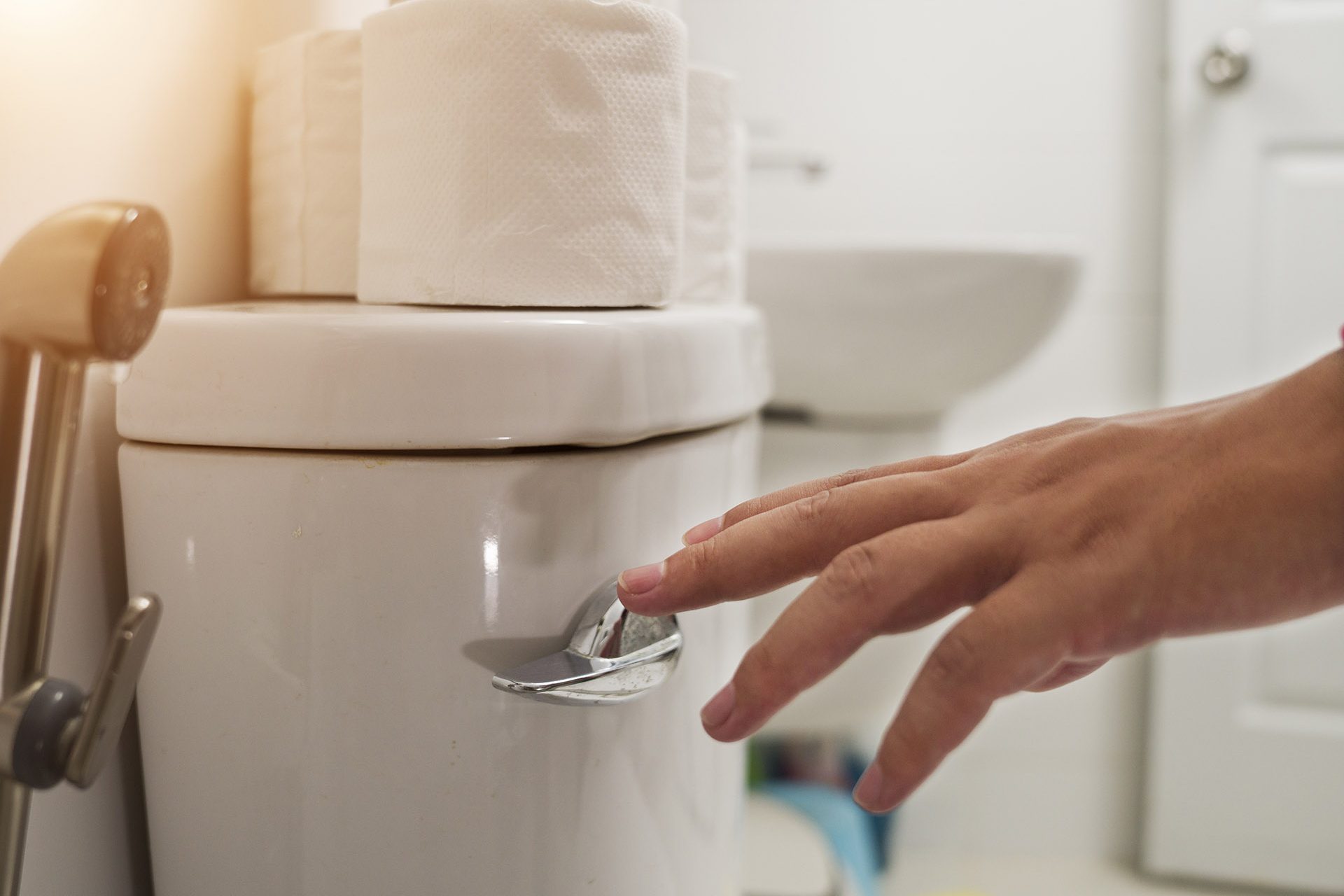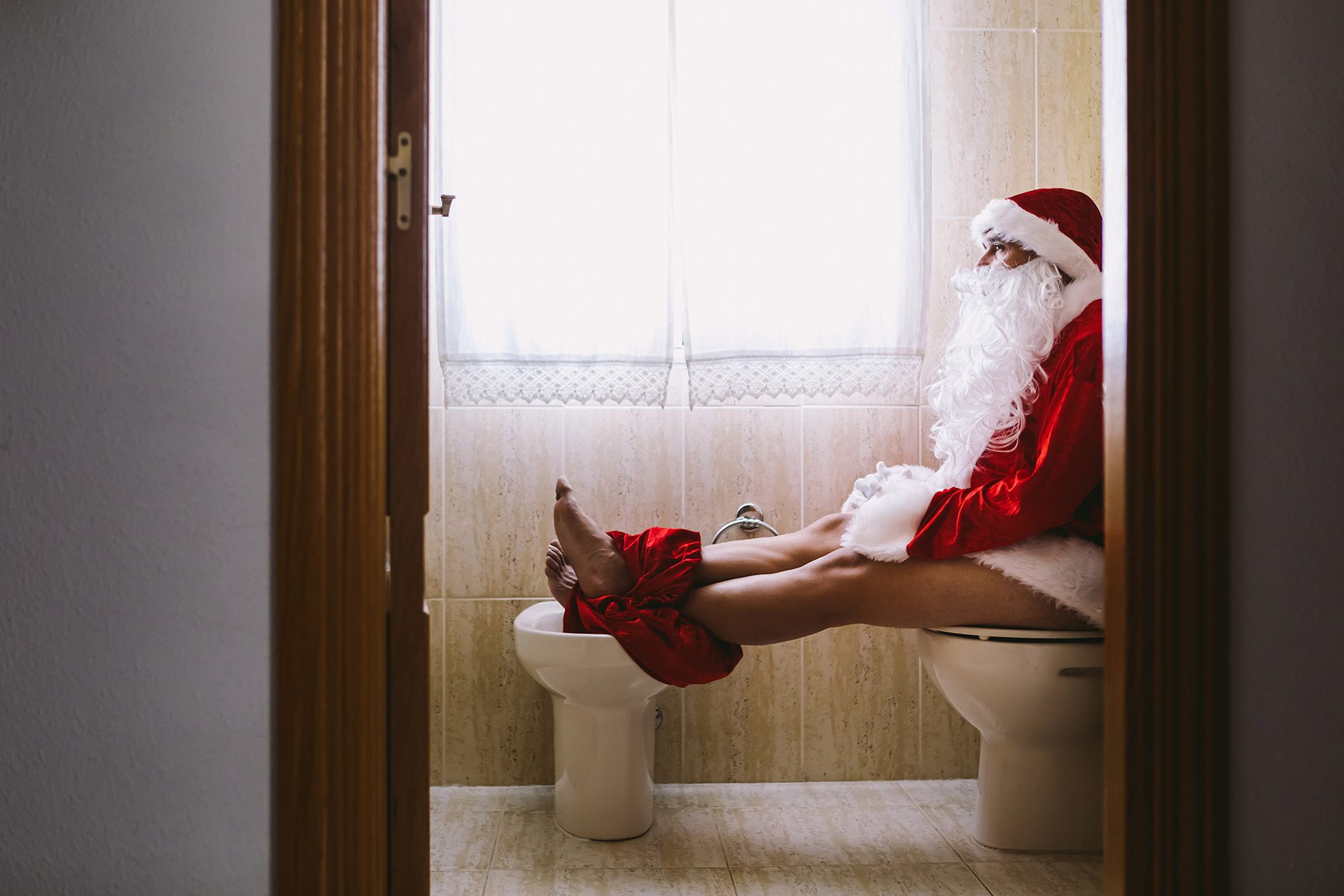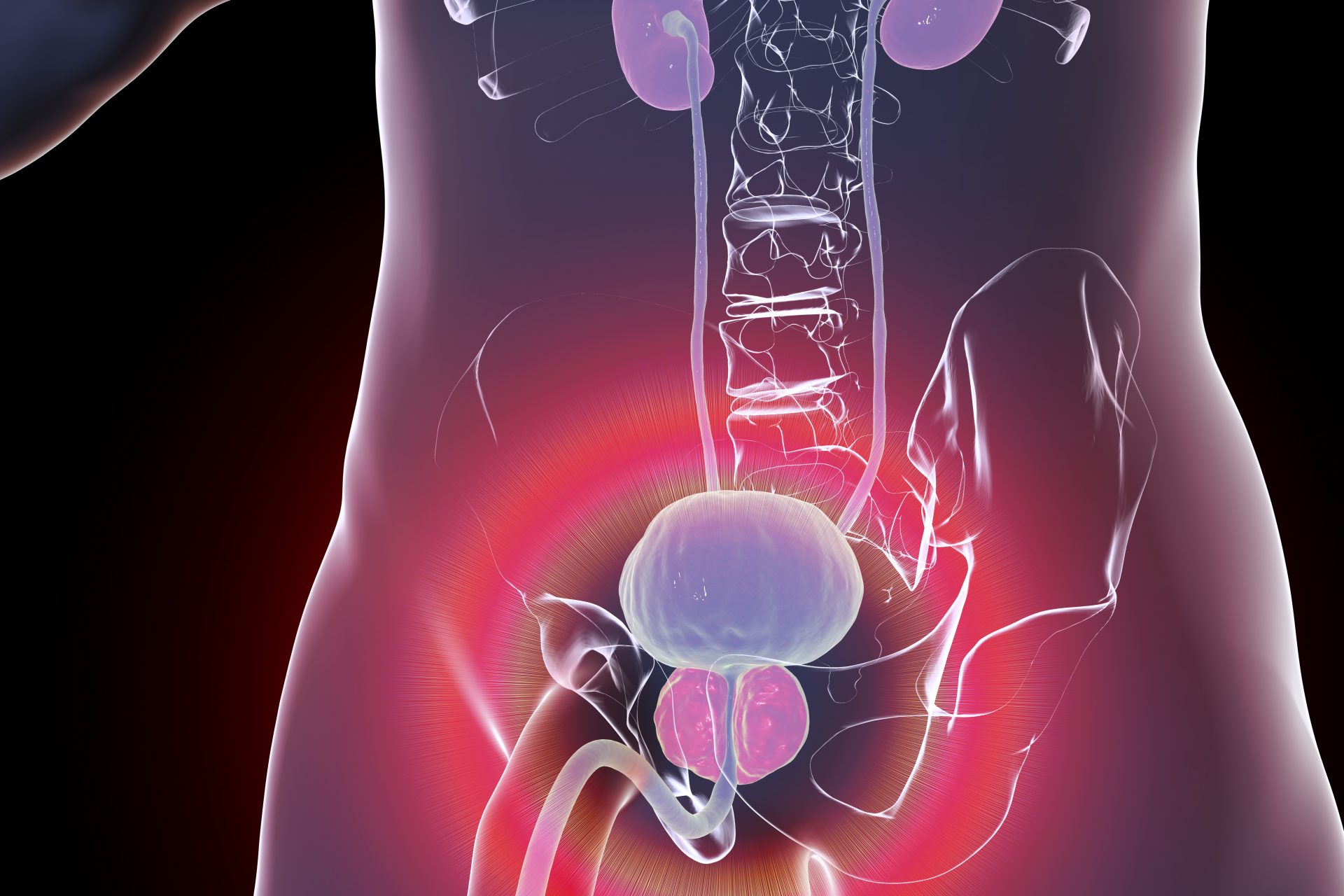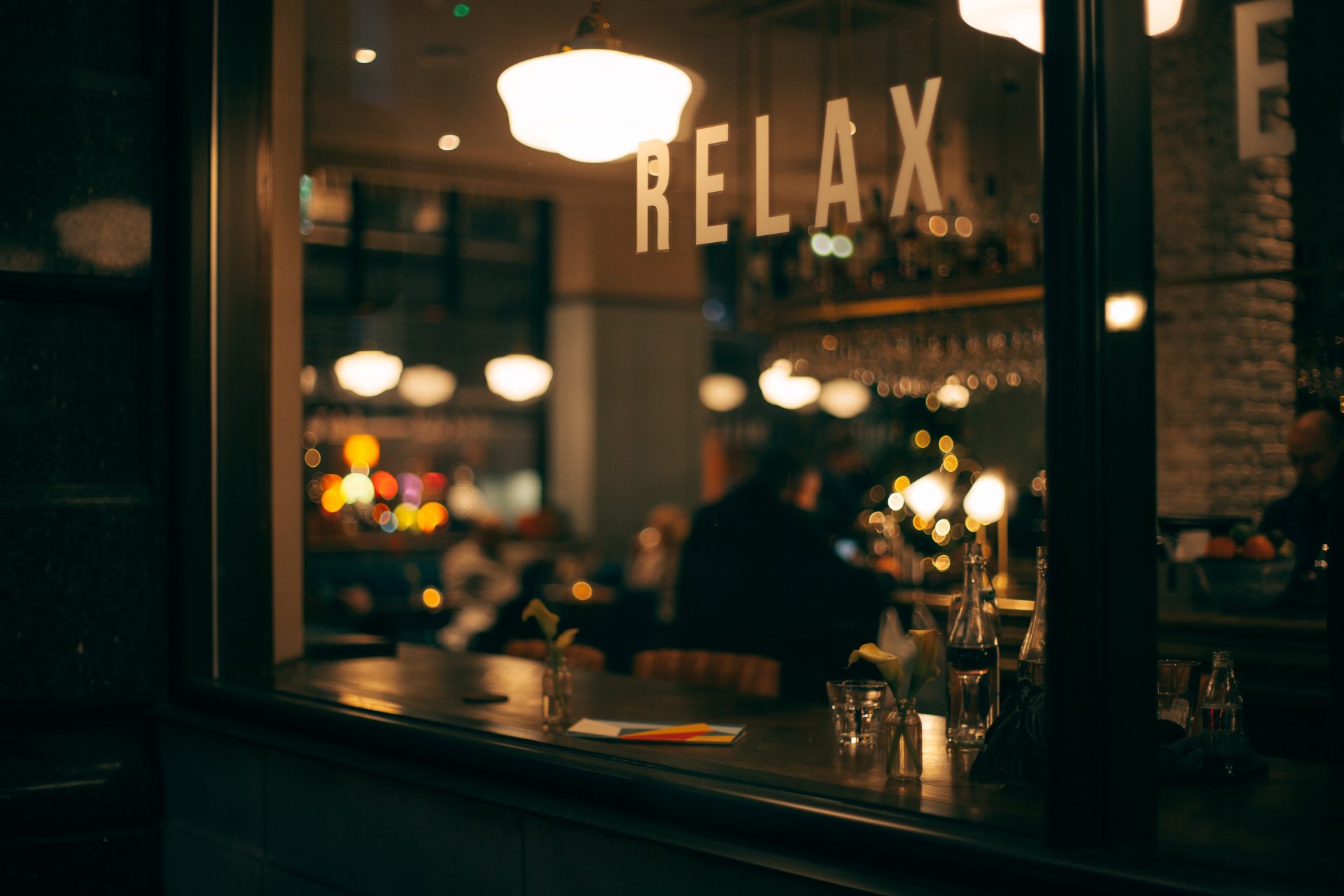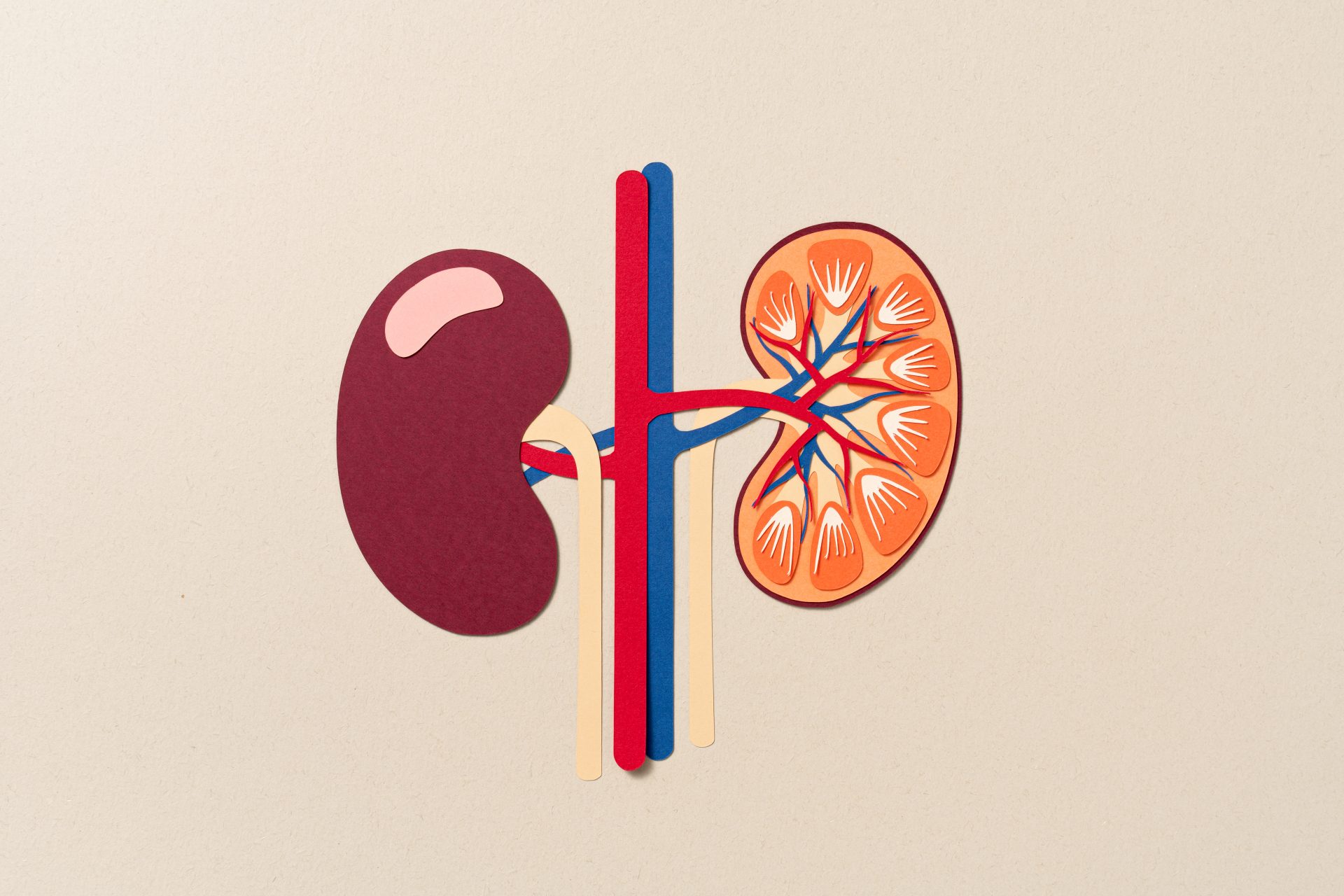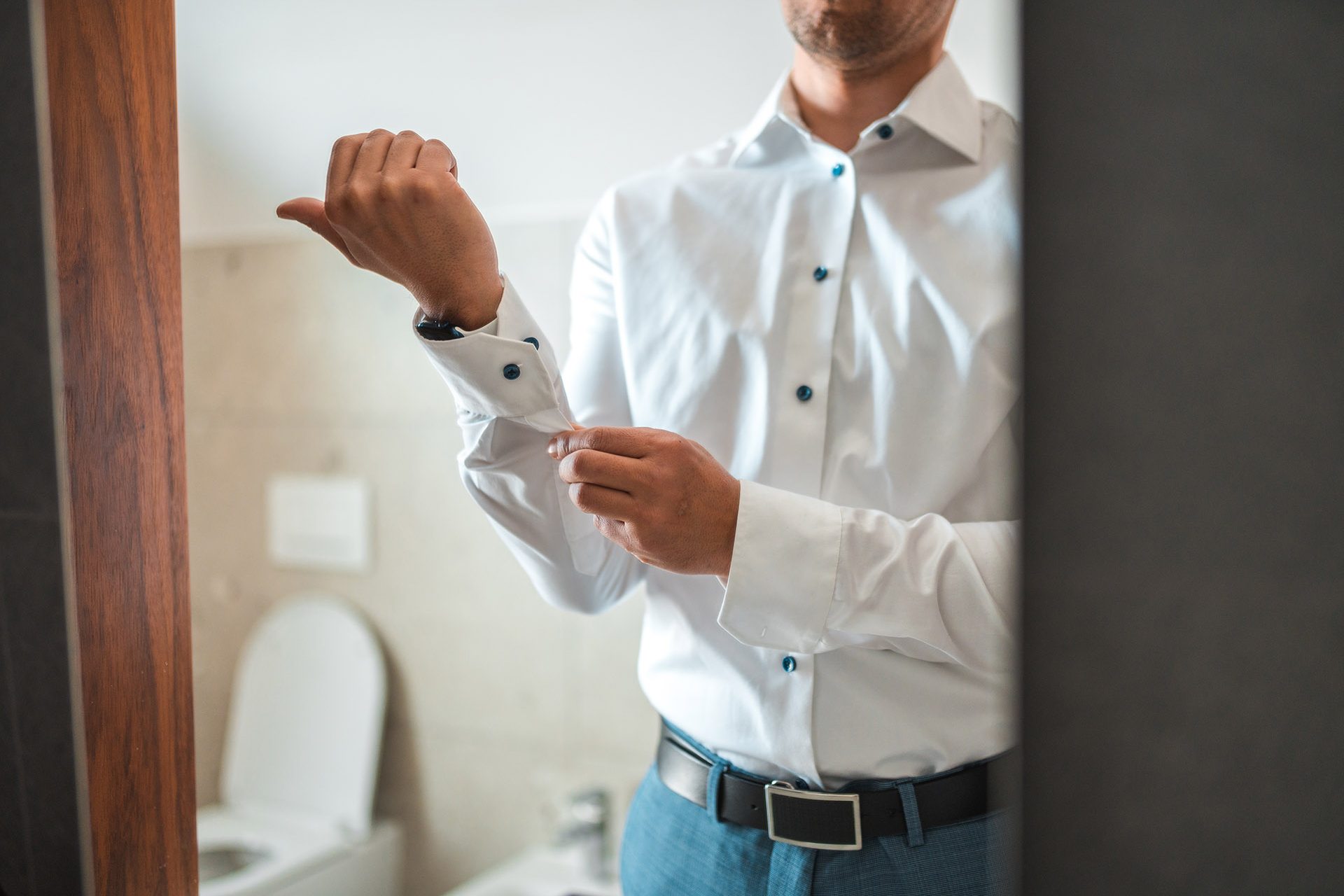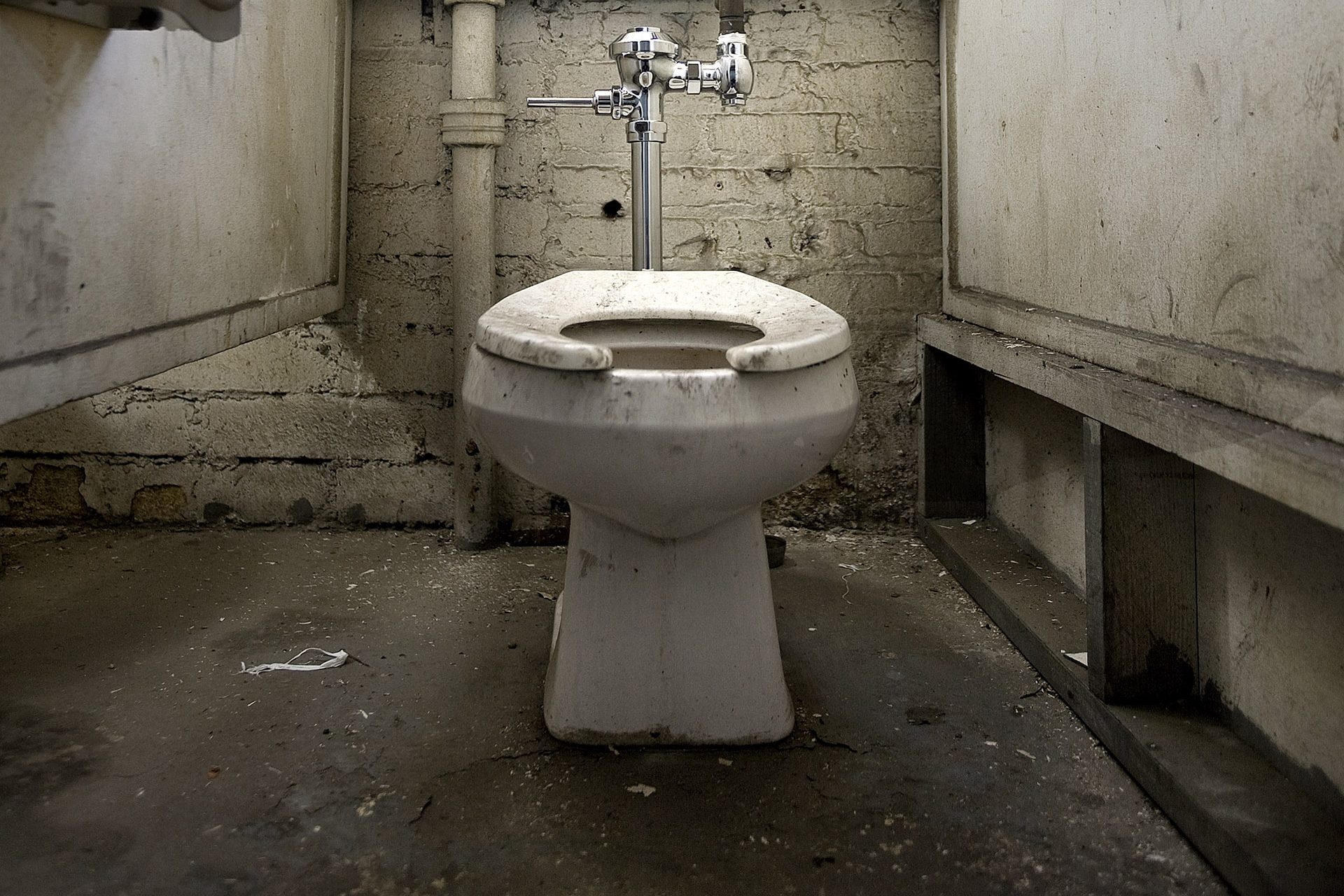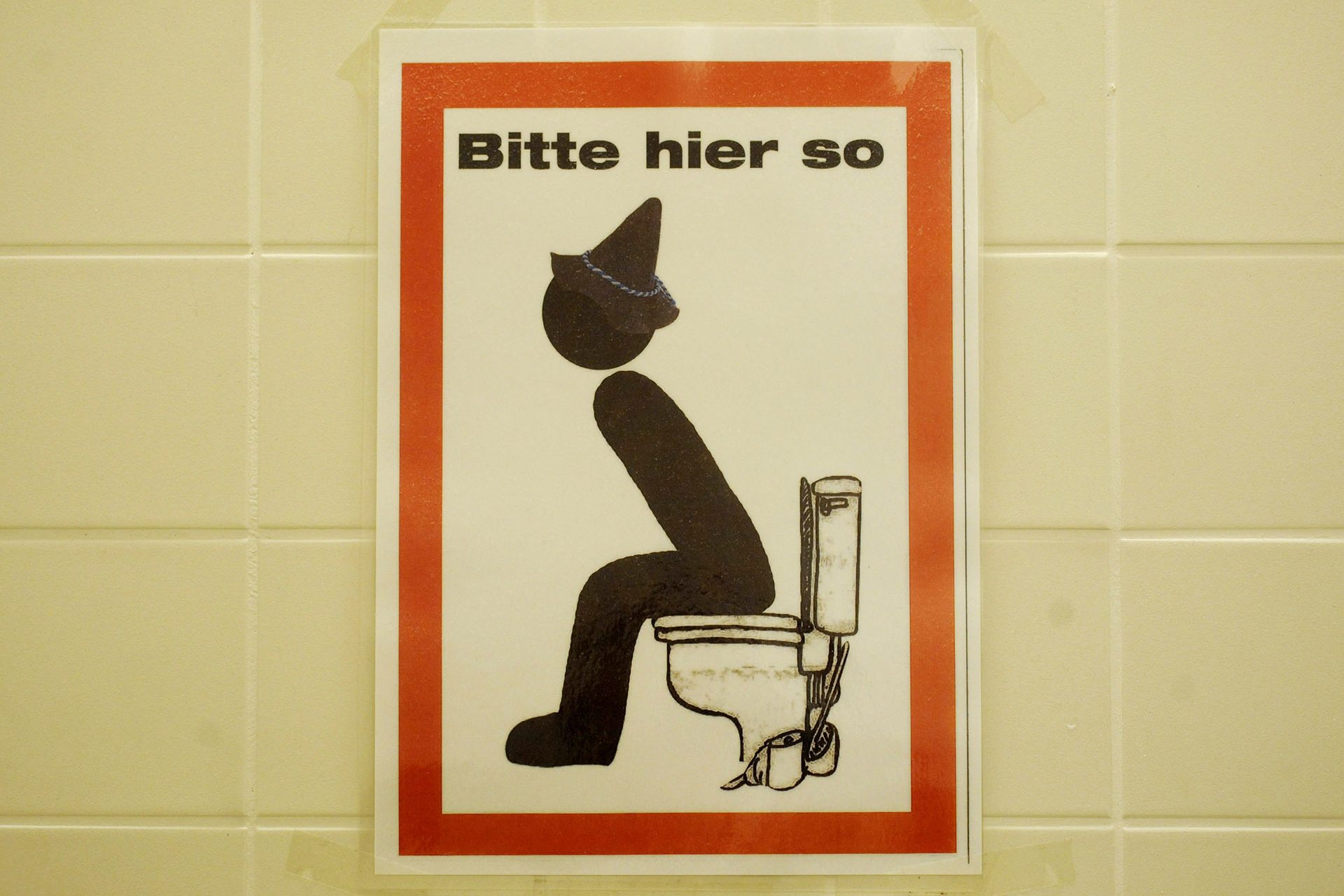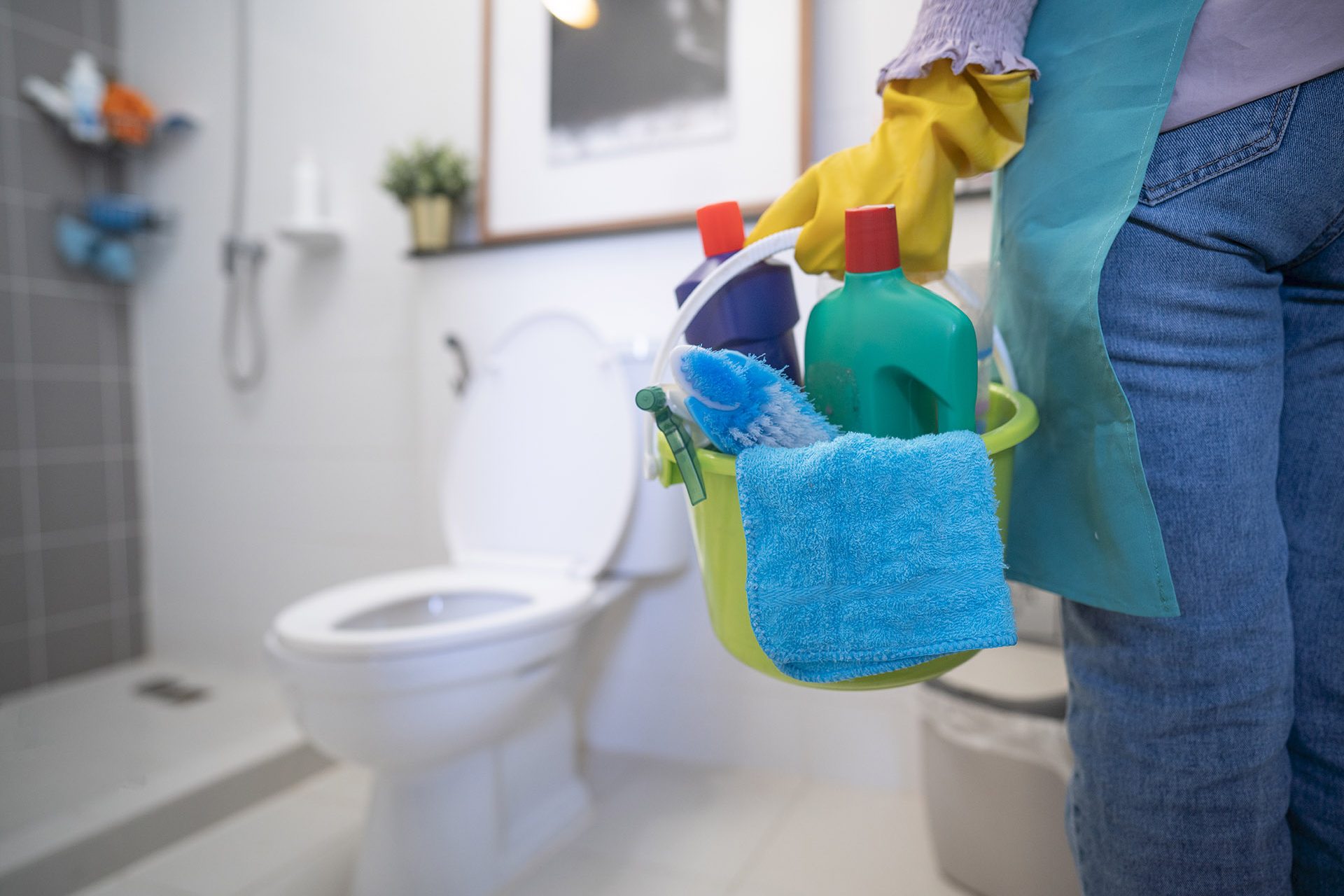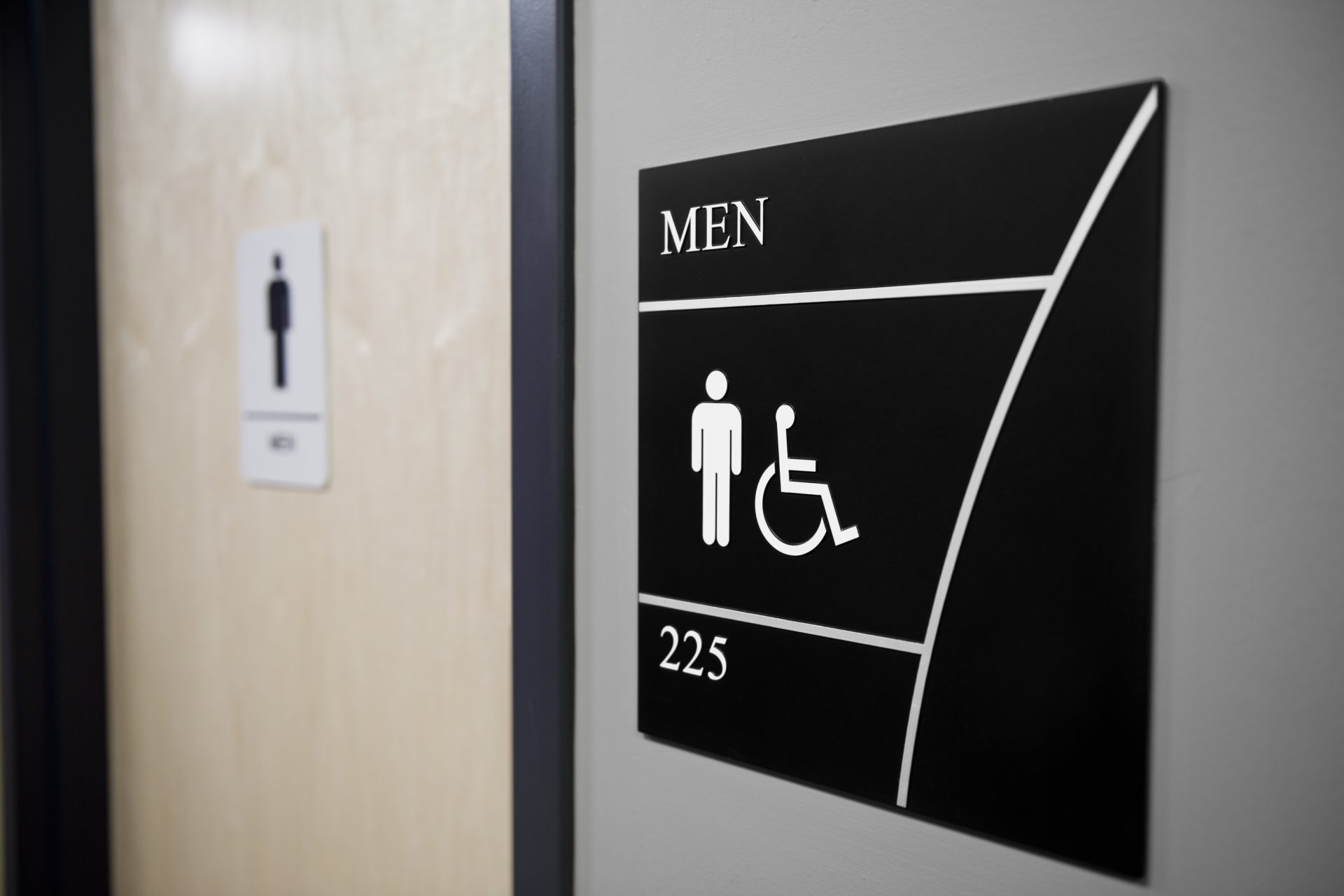Should men be sitting down to take a leak??
Should men be sitting down to urinate? No, we aren't just talking about hygiene purposes but rather about health. What does science say? Could it be healthier for men to sit down when they pee? In which country is this practice most common?
According to a report carried out in the United Kingdom by the company YouGov in 13 countries, the place where men are most likely to urinate sitting down is in Germany, where 49% of those over 55 years of age do so and 28% of young people from 18 to 34 years old do as well. Among them, in general, only 10% say they never sit on the toilet.
Next on the list are Australia, the United States and Sweden, where 25%, 23% and 22% of men claim always to sit.
On the other hand, according to that same study, the least likely to sit are the British, among whom 33% say they "never" do so, tied with Poland. Only 24% of UK men and 27% of Polish men say they always or almost always do it.
In Japan, successive surveys concluded that the number of men who urinated sitting down rose from 51% in 2015 to 58% at the beginning of 2020 and then shot up to 70% in the second half of that same year due to the pandemic.
In a recent meta-analysis published by the scientific weekly Plos One (Public Library of Science) they assure that it is healthier for men to empty their bladder while sitting, not only for men who have an inflamed prostate, an ailment that usually appears with age, but for everyone in general.
Image: Lucas Vasques / Unsplash
The study compared the urodynamic parameters of healthy men and men with lower urinary tract symptoms (LUTS), that is, with problems that could be related to the prostate, urethra or bladder.
We are talking about problems such as an increase in the frequency of going to the bathroom, the need to get up during the night one or more times to empty the bladder, the urgent urge to urinate or urinary incontinence.
In this meta-analysis, they discovered that in men with LUTS, as occurs with those who have benign prostatic hyperplasia (BPH - that is, an inflamed prostate), they register a more favorable urodynamic profile when sitting, in addition to the fact that the time to empty the bladder is shorter and the volume of post-emptying waste in it is minimized.
Image: Kenny Eliason / Unsplash
According to experts, those who have an inflamed prostate, an issue that is associated with age and that does not have to be associated with cancer, suffer from compression that makes it difficult to urinate, something that they will be able to do more easily if they are sitting allowing a better and more complete emptying of the bladder.
The reason for this? It is simple and has to do with the muscles that surround the area. As Dr. Luis Resel Folkersma, from the Spanish Association of Urology, explains in this study, “when sitting, the pelvic floor muscles relax and then the flow improves.”
A statement that is also shared by the Department of Urology at the Leiden University Medical Center in the Netherlands, and from which they also add that, when sitting on the toilet, the bladder muscles are not tense, which helps to avoid, precisely, prostate problems.
According to another study carried out by this Dutch university center, when standing, the muscles surrounding the pelvis and spine tense, while when we sit they relax, so "urinating in that position helps the bladder to empty much more naturally.”
Image: Clem Omojeghuo / Unsplash
And, on the other hand, according to the Leiden University Medical Center, sitting can also help prevent benign prostatic hyperplasia, which has symptoms such as the development of bladder stones, urinary tract infections and even kidney infections.
In an interview with The Telegraph newspaper, Gerald Collins, a consultant urological surgeon at the Alexandra Hospital in Cheshire (in the United Kingdom), gave another twist to the subject, stating that “sitting is probably the most efficient way to do it.”
“Benign prostatic hyperplasia occurs due to a change in the hormonal environment within the prostate, mainly after the age of 40. You get an increase in a certain breakdown product of testosterone that causes the prostate to increase in size and cellular development,” Collins added, ensuring that “urinating while sitting helps prevent this wear and tear over the years.”
Image: sterlinglanier Lanier / Unsplash
But, leaving aside the issue of the prostate, it must be taken into account that experts also emphasize that urinating while sitting down is also the most hygienic option, an issue that they defend, above all, in countries like Japan and Germany.
In the German country, in fact, as a way to raise awareness on the issue, there are even public bathrooms in which a red light has been installed in the style of a traffic light to prohibit urinating standing up, in addition to signs indicating not to do so.
When men pee while sitting, among other things, the toilet and surrounding areas are not splashed with urine, thereby transferring bacteria or similar. If men pee sitting down they can avoid contaminating objects such as toothbrushes, for example. This helps prevent any kind of infections from occurring.
It is still a mere matter of customs, a highly cultural habit that, among men, provokes a debate that may never be fully settled.
More for you
Top Stories



